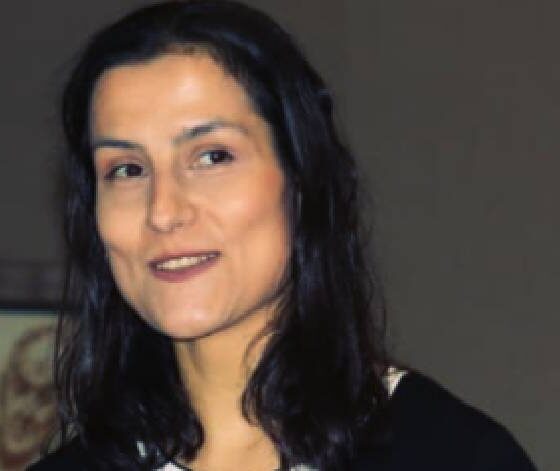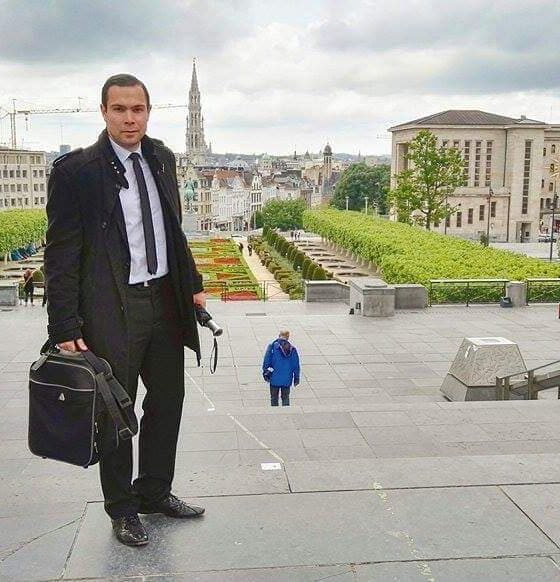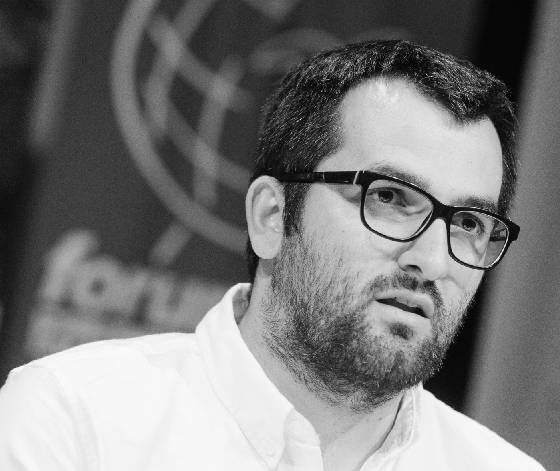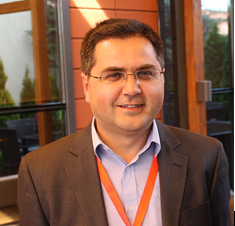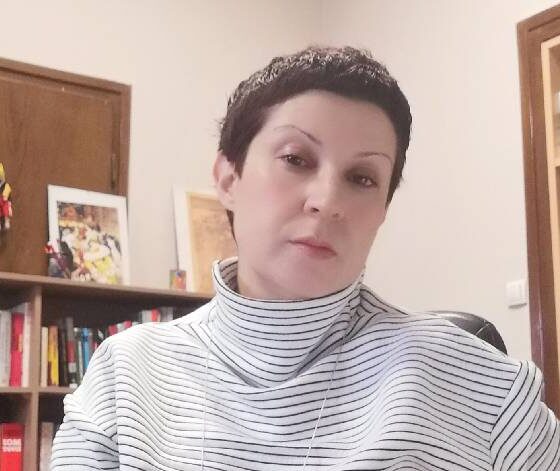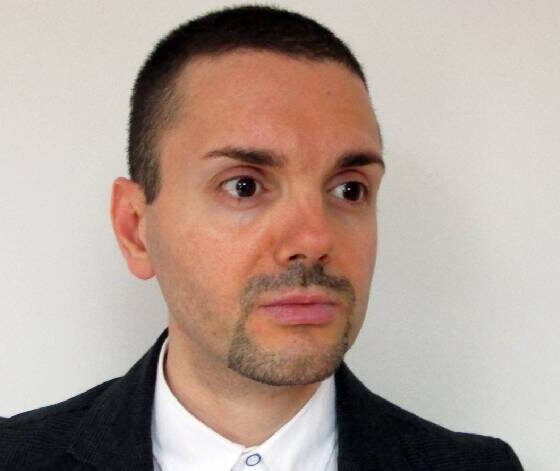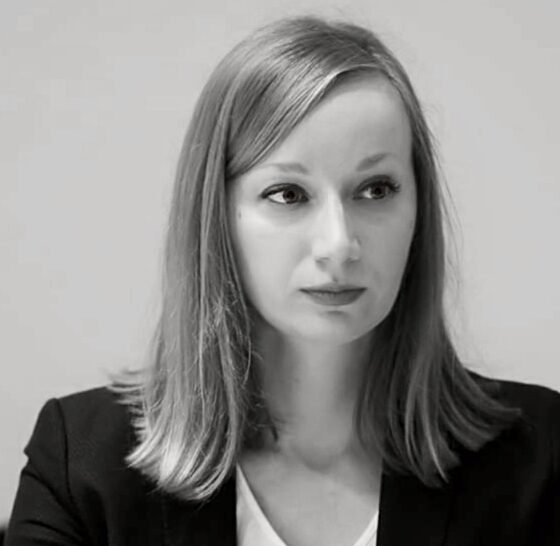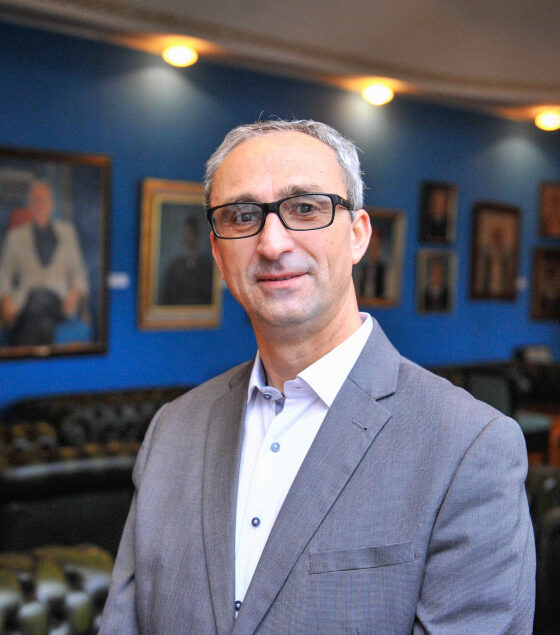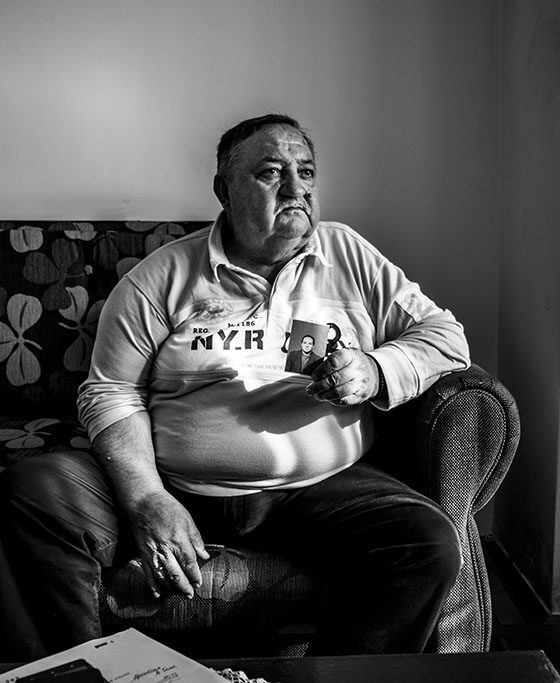The ICTY Conditionality and North Macedonia’s Compliance with It
As Europe established regional organizations to enforce standards of democracy, human rights, and the rule of law, the expectations were that mass atrocities akin to those that happened in WWII would not be repeated on the European continent. Yet, 40 […]
Metodija Andonov – Chento: Hero/Traitor/Hero
The end of World War II led to the fulfilment of the long-standing dream of the Macedonian people to establish their own state. The first Macedonian state was proclaimed at the First Session of ASNOM – the Anti-fascist Assembly for […]
Amending History Textbooks is a Precondition to Normalize Relations
This article aims to bring to the spotlight the approach of textbooks for elementary and secondary schools in both Kosovo and Serbia, as approved by the respective ministries of education, on the developments in Kosovo along the timeframe of almost […]
The Need to Review History Teaching
There is a constant, unspoken but implied designation of history both as a science and as teaching subject that it should be subjected to a constant review. This designation turned postulate is taken for granted both by the genuine scientists […]
No Country for Old Men
Fourteen years after the adoption of the 2006 Rehabilitation Act, it is still a struggle to find a competent court in Serbia that has not been passing rulings as per the said Act.[1] However, the special focus of this article is […]
Historical Revisionism as a Platform for Nationalism and an Obstacle to Lasting Peace in the Western Balkans
Intellectual elites were a key factor in constituting the national awareness and the ideology of political nationalism in the 19th century Europe. There is plenty of evidence about the principal role that intellectuals, primarily historians, have played both in generating and […]
Reshaping the Past in Public Space: the Case of Mostar
Social changes, particularly those arising from conflict, prompt both communities and individuals to question whom they belong to and why, and what the source of their identity is. This is fertile ground for revisionism as the question of belonging – […]
Historical Revisionism in Bosnia and Herzegovina
For a long time, history was not just a science of the past but also a tool that political elites use to achieve their political goals. Such abuse of the past is evident also in Bosnia and Herzegovina, though maybe […]
“If there was a tomb where I could place flowers”
INTERVIEW WITH: MILORAD TRIFUNOVIĆ Miroslav Trifunovic had returned to Kosovo after several years of living abroad. He was 43 and was thinking of marrying and creating a family. He worked in the Belacevac surface coal mining. He even built a […]
